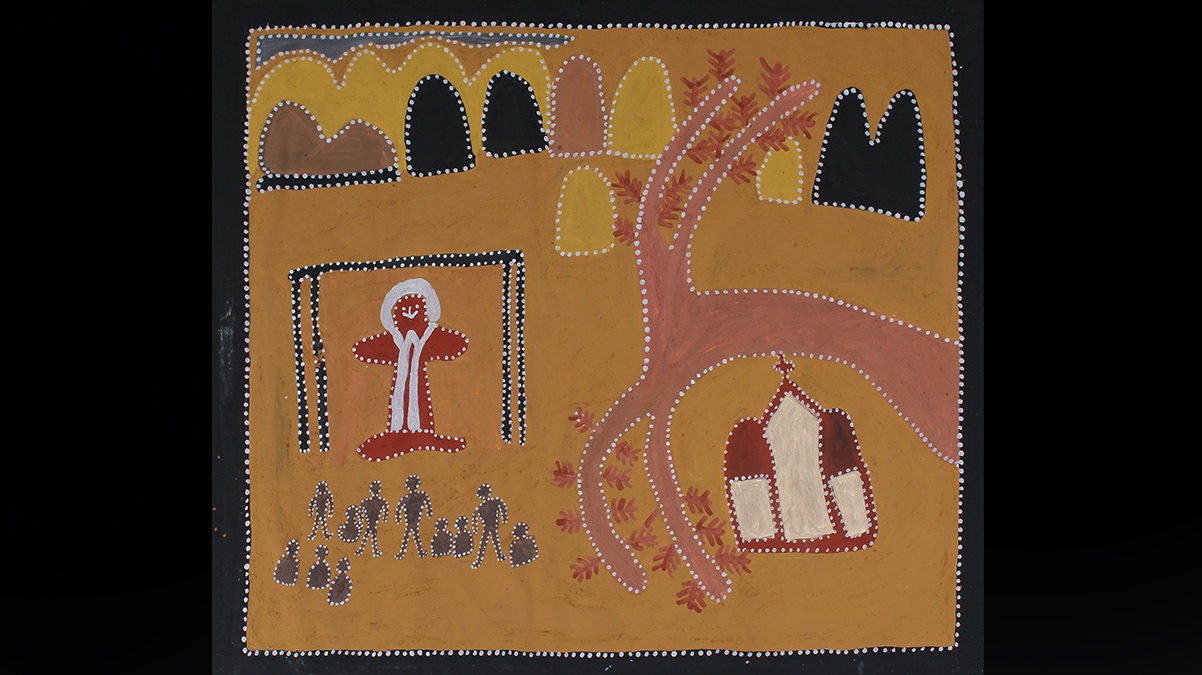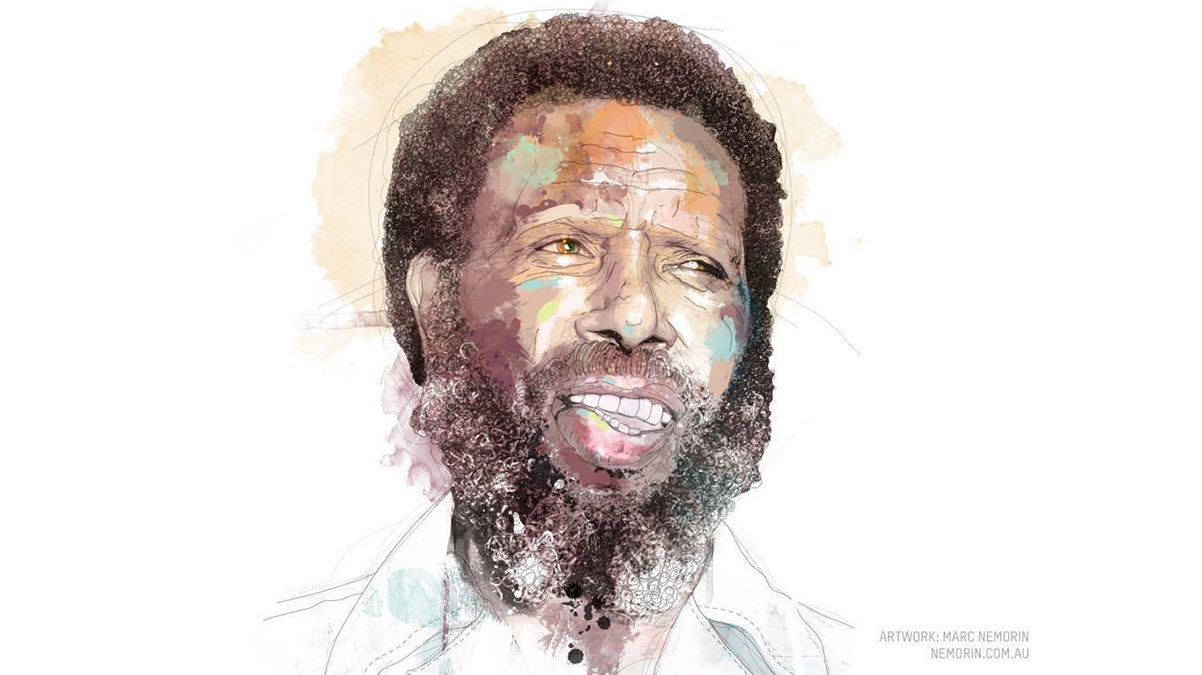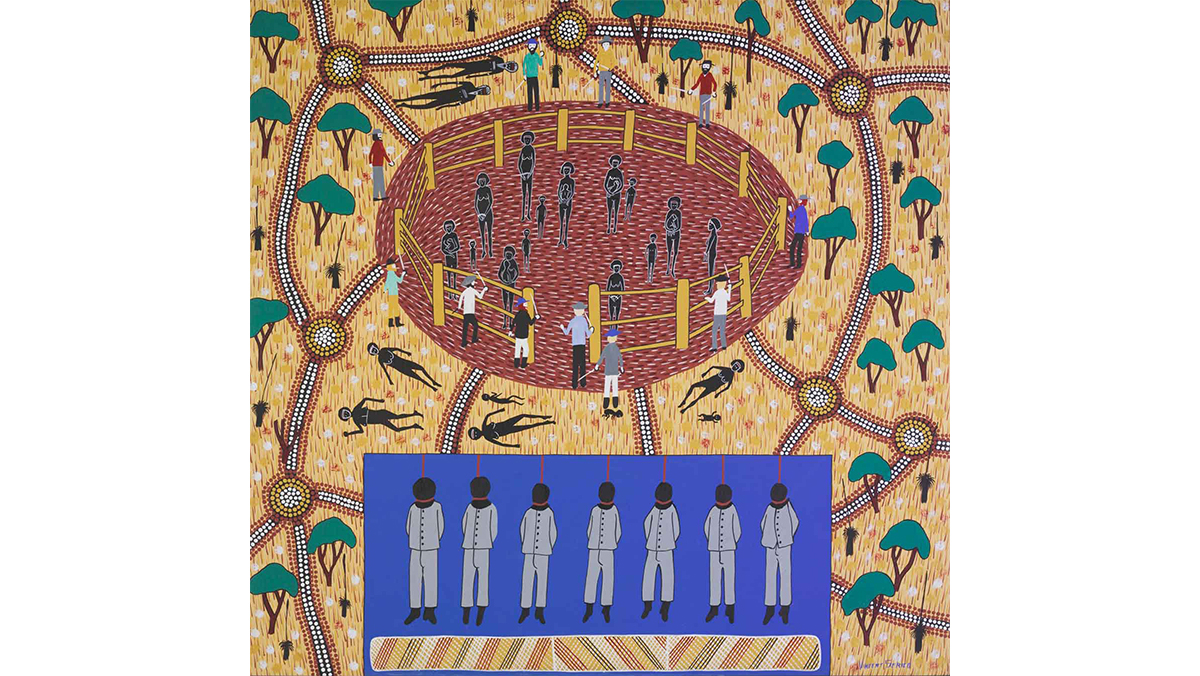2017: Uluru Statement from the Heart made by Aboriginal and Torres Strait Islander leaders
250 Aboriginal and Torres Strait Islander leaders have endorsed the 2017 Uluru Statement from the Heart after an exhaustive and comprehensive two-year consultation process around Australia that was designed and led by Aboriginal people. Targeted structural change is called for through the Statement by establishing an ongoing First Nations Voice to Parliament, and a Makarrata Commission ‘to supervise a process of agreement-making between governments and First Nations and truth-telling about our history’. In 1967, Aboriginal people were counted as citizens of their own nation. Today, they seek to be fully heard, to walk with others, and to build a better future for all Australians.



